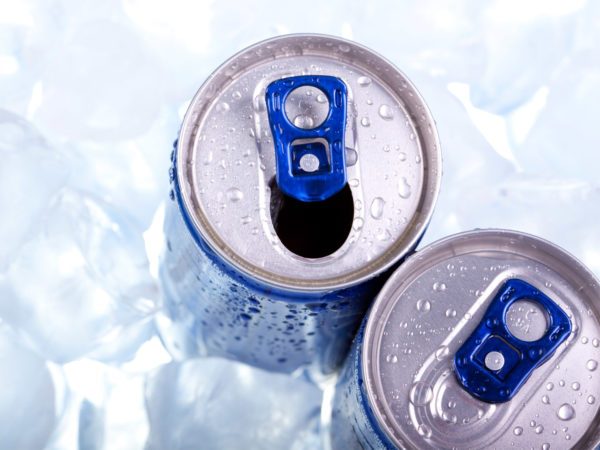Are Relaxation Drinks Worthwhile?
I’ve noticed that there are more and more “relaxation drinks” on the market that are supposed to be the opposite of energy drinks. Are these healthy and do they work?
Andrew Weil, M.D. | January 14, 2014

Relaxation drinks are a relatively new class of beverages. They’re meant to help you feel calm or get a good night’s sleep. According to the Wall Street Journal, in 2012 relaxation drinks (a category that includes sleep drinks) accounted for about $32 million in U.S. wholesale sales, a tiny amount compared with the $6 billion in energy drink sales in the same year. With names like “Just Chill,” “Neuro Bliss,” and “RelaxZen Day,” these drinks appear to be attempts to capture a new niche market as traditional soft drink sales continue to plummet, as they have for nearly a decade. Relaxation drinks list ingredients such as melatonin, valerian, L-theanine and GABA – all known to help promote sleepiness or to lessen anxiety. But not all labels specify the amounts contained.
In its May 2013 issue, Consumer Reports looked at relaxation beverages to see if they actually contained the ingredients listed on labels and whether those ingredients were present in amounts sufficient to combat stress or help you fall asleep. For the most part, the beverages tested did not contain amounts of substances considered to be efficacious, or equal to those used in studies that demonstrated relaxation effects. For example, Consumer Reports found that three drinks that listed melatonin as an ingredient contained “lower amounts than the typical 0.3 milligram to 5-milligram dose used in clinical trials to treat insomnia.” Similarly, the investigators found that in two of the drinks tested, amounts of GABA (gamma-aminobutyric acid) were far below doses shown to be effective in a published study. In addition, the testing revealed that botanicals, including chamomile, passion flower, and valerian, were found in only trace amounts in four products.
In other words, it appears there’s a good chance that a given relaxation drink won’t give you what you’re paying for. If they work for you, it may be because you expect them to. My main concern, however, is what else might be in them.
Here’s my take on some of the ingredients relaxation drinks contain:
- Valerian: This herbal product is a safe sleeping aid that I often recommend, but it does not work for everyone.
- Melatonin: I recommend melatonin as an occasional sleep aid. The dose is 2.5 mg to 3.0 mg placed under the tongue at bedtime.
- L-Theanine: This compound, found in green tea, is said to promote relaxation and modify the stimulating effects of caffeine.
- Passion flower: Made from the stems, leaves and flowers of the plant, passion flower helps reduce stress and anxiety, calms without sedation and can be used for insomnia when combined with other sedative herbs. It is weaker than valerian and not as effective as melatonin.
In short, at least some manufacturers of these drinks are likely more concerned with sales and marketing than the effectiveness, or appropriate use, of their formulations.
Andrew Weil, M.D.
Sources
Sarah Nassauer, “Relaxation Drinks: the Opposite of Energy Drinks,” The Wall Street Journal, October 1, 2013, accessed November 13, 2013 at http://online.wsj.com/news/articles/SB10001424052702304373104579109283589583074
“Relaxation drinks: An antifrazzle fizzle”, Consumer Reports, May 2013, accessed November 12 2013 at http://www.consumerreports.org/cro/magazine/2013/05/relaxation-drinks-an-antifrazzle-fizzle/index.htm










